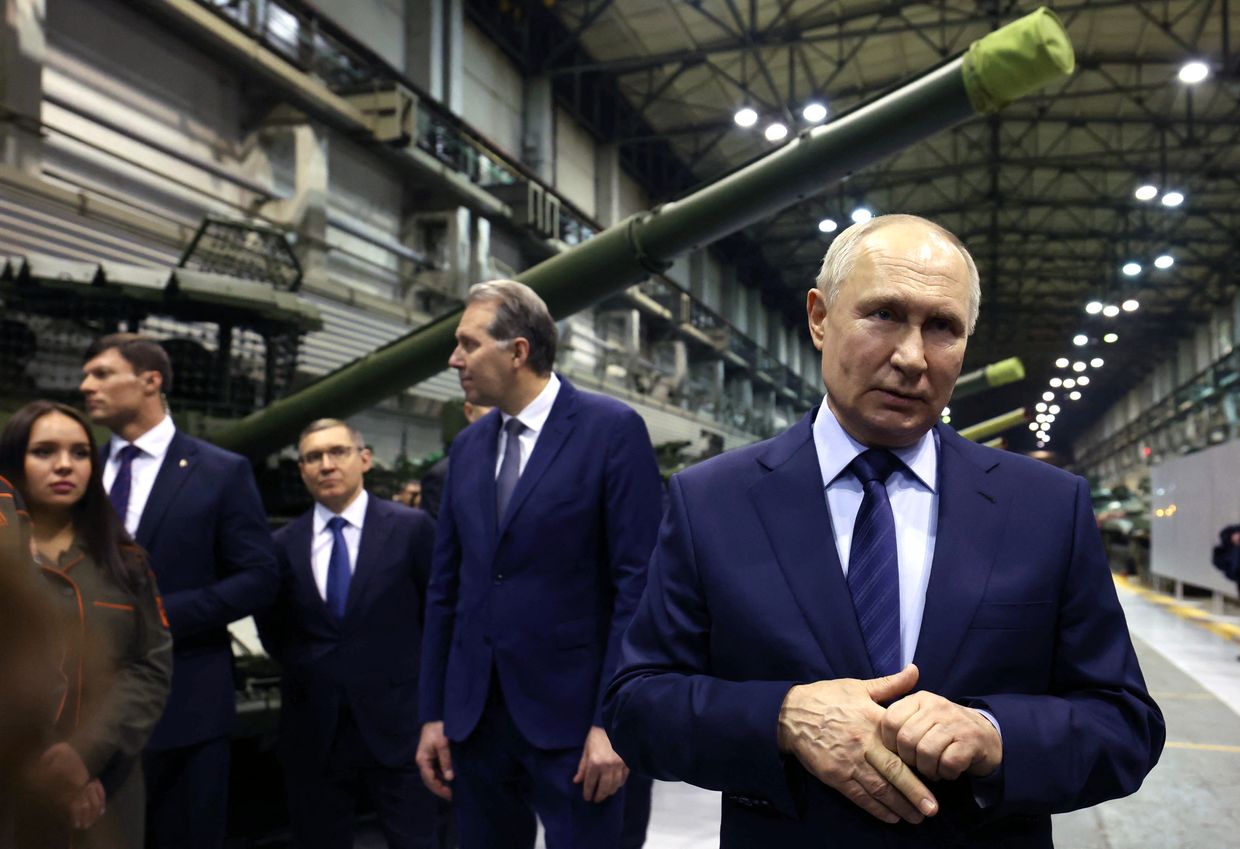Russia plans to begin mass production of its Oreshnik intermediate-range ballistic missile (IRBM), Russian President Vladimir Putin alleged at a defense ministry board meeting on Dec. 16.
Russia first launched the experimental Oreshnik missile in an attack against Dnipro on Nov. 21. Putin claimed the strike was a response to Ukraine's use of U.S. and British long-range missiles to attack Russian territory.
Putin said on Dec. 16 that large-scale Oreshnik production was a goal for the "near future."
"In the near future, serial production of such systems should be ensured to protect the security of Russia and our allies," he said.
A former Russian defense engineer previously told the Moscow Times that mass production of Oreshnik missiles would take years, due to bureaucratic and technological difficulties in Russia.
The Oreshnik is an IRBM capable of carrying nuclear warheads. Putin has boasted that the missile travels at 10 times the speed of sound. He has also alleged that the weapon cannot be intercepted by air defense systems, a claim refuted by President Volodymyr Zelensky.
The Kremlin has leveraged possession of Oreshnik missiles in escalating anti-Western rhetoric and threats against Ukraine. A week after the strike on Dnipro, Putin on Nov. 28 threatened to target "decision-making centers in Kyiv" with Oreshnik strikes.
An unnamed U.S. National Security Council representative warned on Dec. 13 that Russia was considering launching an Oreshnik missile at Ukraine over the upcoming weekend. No such attack took place.
The intense media attention devoted to the Oreshnik in the aftermath of the Dnipro strike was the result of an orchestrated Russian attempt to stir panic in the West, four Russian officials told the Moscow Times in early December.
Some defense experts say the Oreshnik missile is likely not an entirely new development, but rather an upgraded version of Russia's RS-26 missile. The RS-26, also known as the Rubezh, was first produced in 2011.
Russia has yet to use the Oreshnik in any attacks against Ukraine since the strike on Nov. 21.














